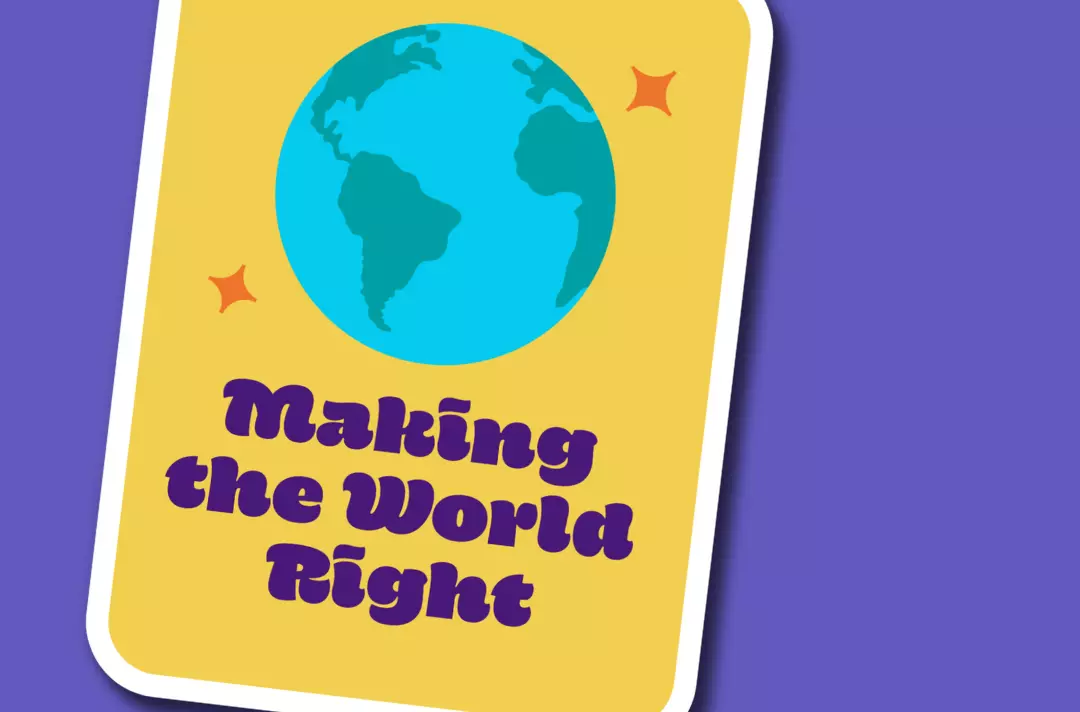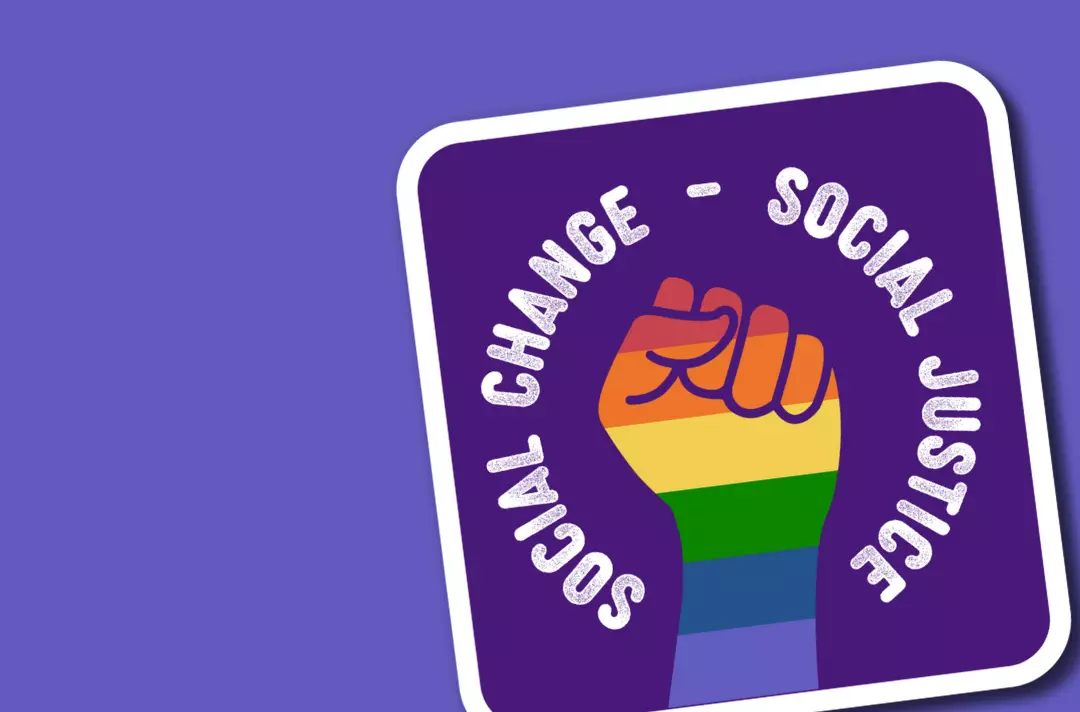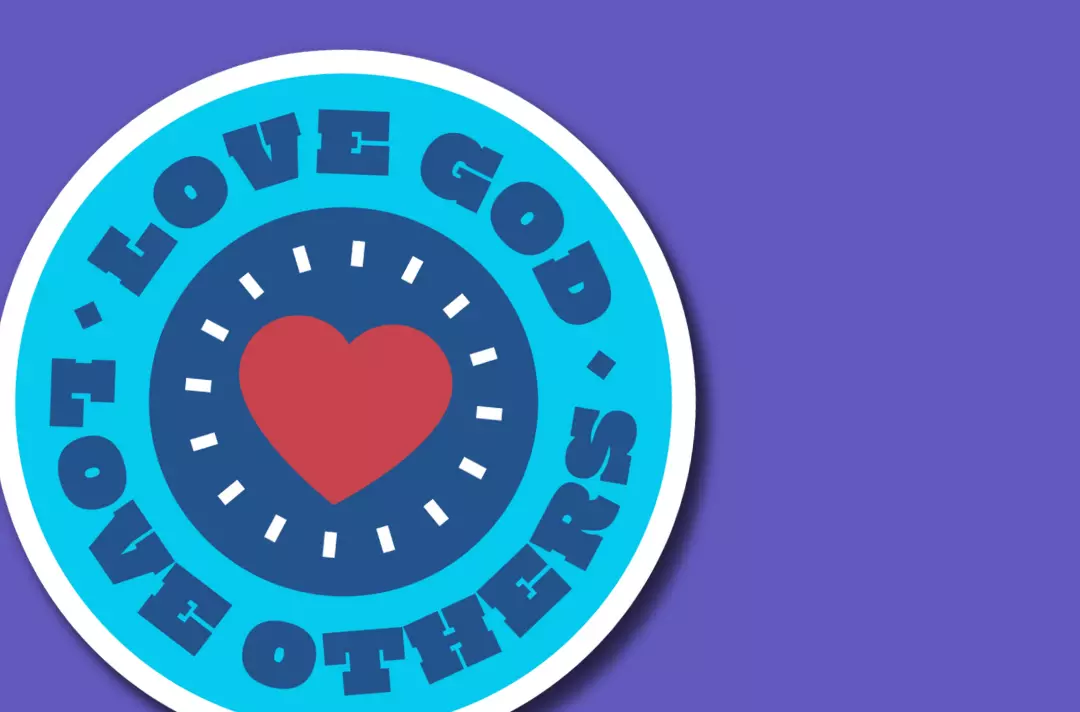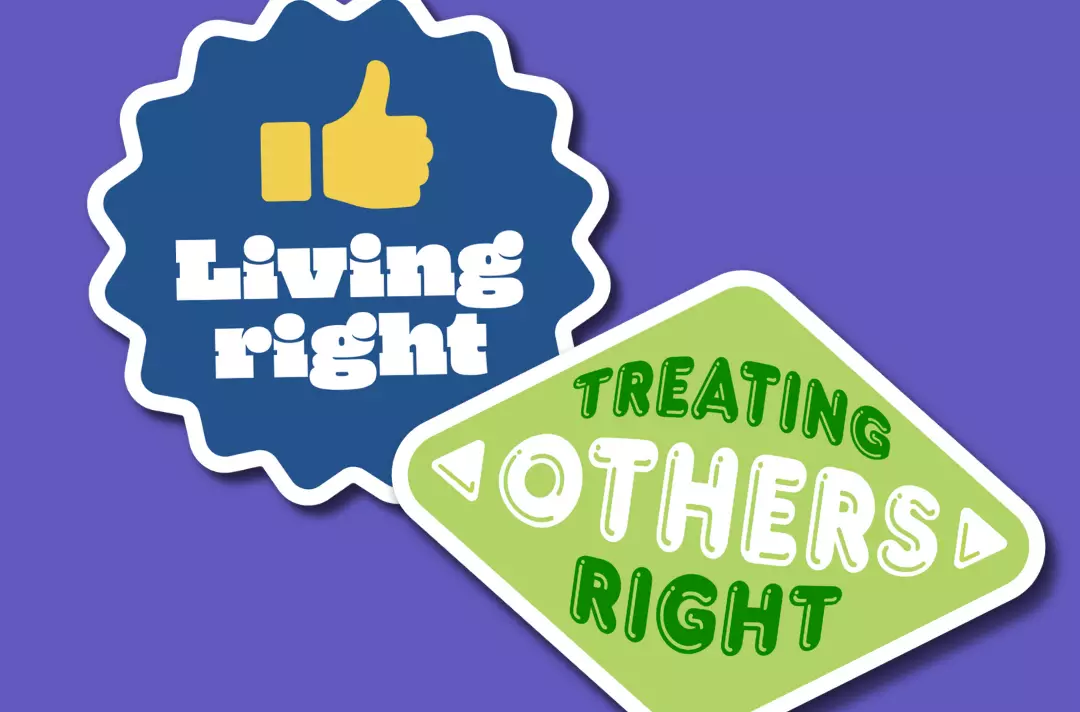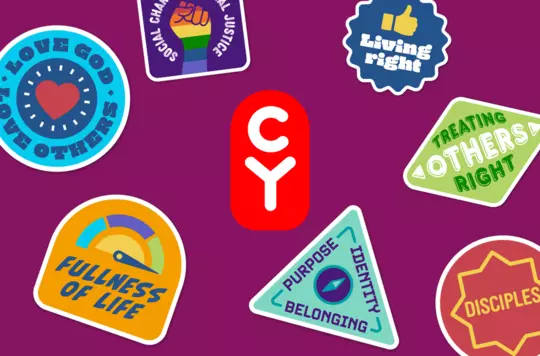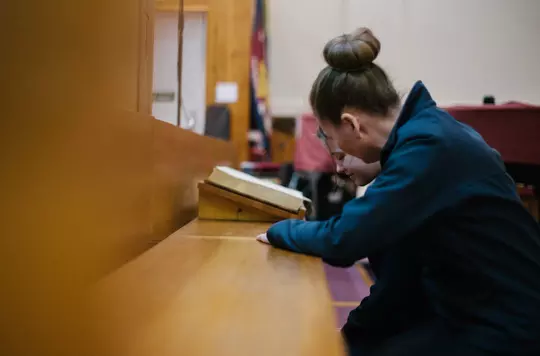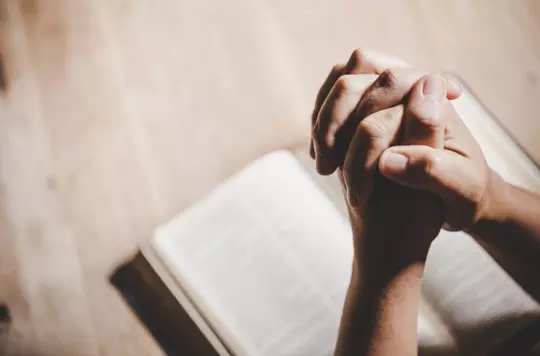13 January 2024
Territorial Justice and Reconciliation Youth Forum: Calling all disruptors!
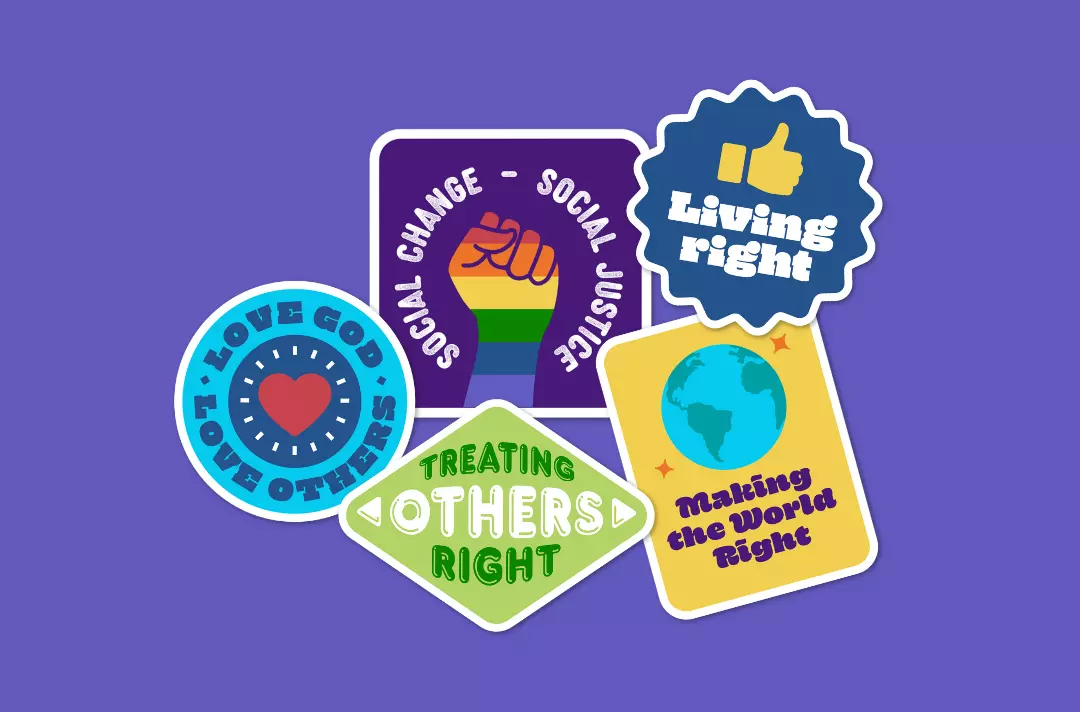
14 to 25-year-olds invited to apply to the territory’s Justice and Reconciliation Youth Forum.
God’s call to fight for justice has always been at the heart of The Salvation Army’s mission. Salvationists understand that the Lord’s prayer for God’s Kingdom to come ‘on Earth as it is in Heaven’ is not some vague hope but a fundamental belief that genuine transformation can take place – right here, right now.
Today, young people across the Army are already involved in tackling justice issues. God is raising up new generations to improve the future by disturbing the present. The Army in this territory wants to help more young people do just that through a new Justice and Reconciliation Youth Forum, launching in March – and, if you’re aged between 14 and 25, you can apply to join today.
‘Justice is something young people care passionately about,’ says Territorial Co-ordinator for Justice and Reconciliation Major Nick Coke. ‘They intuitively see justice and faith as connected. They have a willingness to take risks. It doesn’t mean older people don’t have that too, but it’s widespread in young adults and that’s exciting.
‘Many young people we encounter have a strong sense of justice,’ agrees Territorial Youth and Children’s Secretary Lieutenant Jonny Whitmore. ‘We hear at summer schools, online and in various other contexts youth voices speaking out and into justice issues.’
‘It’s easy to talk about the evils of social media, and I agree with all that, but one strength of it is that our young people are globally connected and they’re aware of issues without those being gate- kept by older people,’ observes Youth Specialist (Discipleship) Jo Taylor. ‘They are connected to young people in Ukraine, for example. These things are in their everyday and they are seeing it unfiltered.’
Young people have participated in justice issues within the Army many times in the past.
The organisation’s work against modern slavery was galvanised at Roots, where a 24/7 prayer programme took place at the youth venue, leading to a string of events around the territory.
In the past year, a number of students have signed up to become anti-trafficking advocates and are going through training.
Most notably the climate crisis has been a lightning bolt for action, with young people joining other Salvationists and Christians for a caring for creation worship service and march in London last year. The territory’s network of Environmental Champions currently includes several young voices.
‘When you give young people the opportunity to get involved, they join up,’ emphasises Jo. ‘Our job is to take that spark and support, resource and nurture it.’
One of the forum’s aims is to develop understanding of the connection between justice and reconciliation.
‘Lots of people talk about justice but, from a Christian perspective, I don’t think you can talk about justice without reconciliation,’ reflects Nick. ‘We’re not doing this because Extinction Rebellion or another organisation wants us to do something about climate justice. We’re doing this because this is what followers of Jesus do. The ultimate goal is not just to win moral or political arguments or defeat injustice. It’s about what comes beyond that: reconciliation. It’s the building of a peaceful world, one where people are reconciled to one another and God. It’s about us all learning what that means together.’
Working together is key to the forum’s design. Supported by territorial leaders and the Children and Youth Department, it will provide a platform for young people to highlight justice issues and propose strategies as well as take action, increasing participation in local, regional and national justice and reconciliation initiatives.
Jonny says: ‘We could ask young people what justice issues they recognise and then go and discuss those. We could say “these are the issues” and ask them to help bring about change. But our aim is to ask them: “What are the issues? How can we support you to raise these and work towards reconciliation?”
‘Through the forum they will not only help set the agenda; they will be the solvers, the campaigners. It’s full participation to create real and lasting change.’
‘We don’t want to do for, we want to do with,’ affirms Jo. ‘We are being intentional from the start to ensure this is not just a talking shop to hear what they say and that’s it. Agreed by leadership are mechanisms by which the forum will report to leadership and they will then respond to those presentations.’
‘The fact that we have leadership who are up for that is important,’ says Nick. ‘I say this a lot when I talk about justice and reconciliation, but the Kingdom of God is disruptive. It disrupts the way of the world, it disrupts who we are and disrupts business as usual. I say bring it on because we know this is how God works.’
Anyone connected with the Army in this territory between 14 and 25 can apply to join the forum. The aim is to assemble a group that is passionate and diverse.
‘We want experience and wisdom in the room and that comes from a breadth of experience,’ says Jo. ‘It’s exciting, because we’ll learn new things, hear new things and get new perspectives, and this is potentially the only place that will happen.’
‘Children and young people are leaders – like adults, some are loud and upfront, while others quietly influence those around them,’ adds Jonny. ‘I am really excited that the forum will give an opportunity for young people to combine their leadership and their passions to influence their peers, the Army and wider society to take action, joining with God in the ministry of justice and reconciliation.’
‘If you’re a young person with a passion for justice, we need you,’ sums up Nick. ‘Not only do we believe that you can make a difference through this, but the world needs people who are willing to step up. We need our young people to be doing that in The Salvation Army, because we believe it can change the world.’
‘And we need all types of people,’ continues Jo. ‘If you’re the kind of person who doesn’t feel comfortable speaking in a group or is nervous about filling in a form, that doesn’t matter. Get in touch and we’ll work it out.’
Jonny adds: ‘If you know someone you think would be interested, give them the form. Work through it with them. Encourage them.
‘People love to talk about stories of the Army in the past,’ says Nick, ‘but I believe fresh stories are going to unfold that we’re going to be able to tell for the next generations to come. This is the beginning of some of that.’
Successful applicants will need to…
- Commit to the forum for at least 12 months.
- Attend three meetings throughout the year – one in person, the rest online.
- Participate in sub-groups to develop recommendations and initiatives.
The first meeting is on Saturday 23 March at William Booth College.
Written by
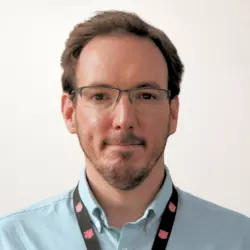
Ivan Radford
Managing Editor
Discover more
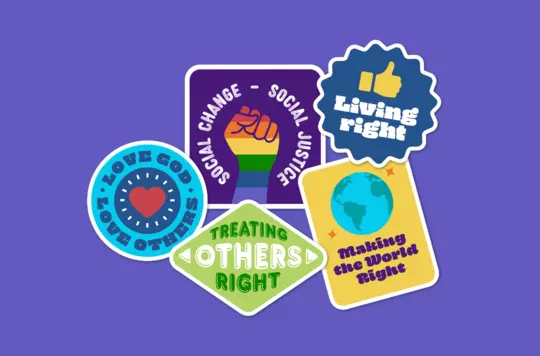
Empowering young people to improve the future by disturbing the present.
